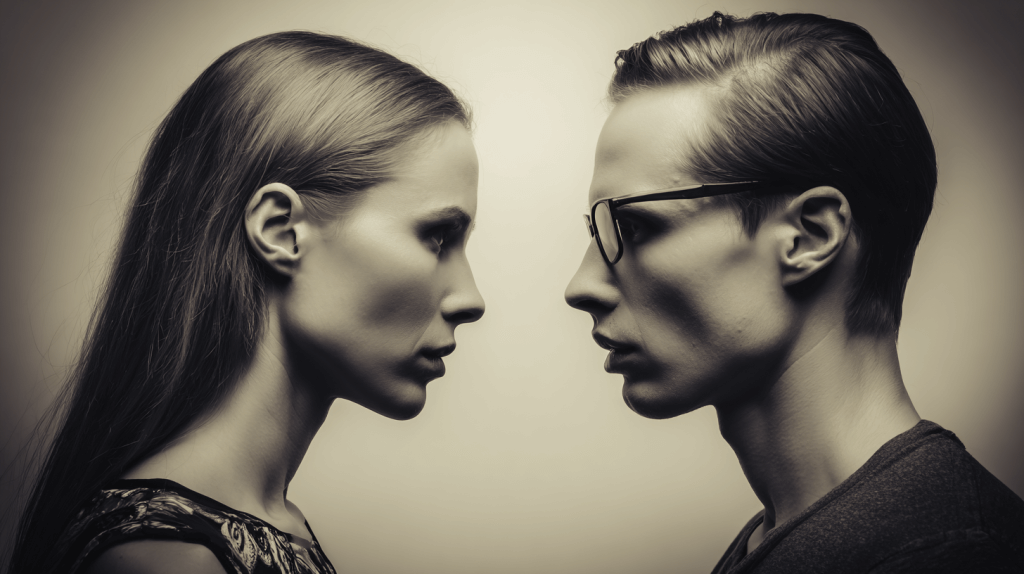Introduction
In the last decade, popular matchmaking TV shows have become a cultural phenomenon. Whether viewers are watching hopeful singles on Love Is Blind, emotional weddings on Married at First Sight, or tropical flirtations on Love Island, the fascination remains the same — the search for authentic connection in a curated world of cameras and competition.
These reality TV programs combine human vulnerability, relationship drama, and the thrill of watching love unfold in real time. As dating becomes more digital, the success of popular matchmaking TV shows reveals our continued desire for emotional storytelling — and perhaps, proof that true love can emerge in the most unconventional ways.
The Appeal of Matchmaking on Reality TV
At their core, popular matchmaking TV shows explore a universal curiosity — how people connect, fall in love, and stay committed. Viewers are hooked because these shows reflect real-life dating struggles but heighten them with drama, culture clashes, and emotional intensity.
Unlike traditional dating shows of the past, where contestants simply competed for affection, modern reality dating TV series incorporate compatibility tests, relationship experts, and psychological experiments. Programs such as Ready to Love et Love Is Blind take matchmaking beyond surface attraction, asking whether emotional intimacy can truly form without physical presence or prior history.
This evolution reflects shifting attitudes toward romance and relationships. Today’s audiences want more than glitz and glam — they want depth, sincerity, and a story that feels relatable, even if it unfolds under studio lights.
Love Is Blind: When Love Is Truly Blind
One of Netflix’s most talked-about reality series, Love Is Blind, challenged traditional dating norms. Participants form emotional bonds without seeing each other, speaking through pods until they decide to get engaged. The experiment asks a bold question: Is love truly blind?
What sets Love Is Blind apart from other dating shows is its focus on emotional connection first. The lack of visual cues forces singles to listen deeply and communicate honestly — a sharp contrast to modern app-based dating. When couples finally meet face-to-face, the tension between physical attraction and emotional connection drives the drama that keeps millions of viewers hooked.
The show’s global success proved that audiences crave authenticity and vulnerability — even when the setting is constructed for television.
Married at First Sight: Science Meets Emotion
Few popular matchmaking TV shows have sparked as much debate as Married at First Sight. The premise is as shocking as it sounds: complete strangers are paired by relationship experts and meet for the first time at the altar. What follows is an intense experiment testing compatibility, attraction, and the endurance of commitment.
The combination of science and emotion makes Married at First Sight one of the most psychologically rich reality TV formats. Viewers get a rare glimpse into the immediate aftermath of marrying a stranger — the awkwardness, the intimacy, and the genuine effort to build trust from nothing.
The show also raises larger questions about modern love: Can expert analysis create a lasting bond? Does chemistry matter more than compatibility? For many fans, this tension between data and desire is exactly what makes it irresistible.
Love Island: Flirtation, Strategy, and Sun-Soaked Romance
Tandis que Married at First Sight focuses on commitment, Love Island thrives on chaos and chemistry. Set in a luxurious villa filled with single contestants, the show is equal parts dating competition and social experiment.
Contestants match up to avoid elimination, forming alliances and romantic connections along the way. Each season of Love Island captures a mix of emotional vulnerability and game strategy, making it one of the most addictive reality dating formats worldwide.
Part of its charm lies in its spontaneity — new arrivals, surprise twists, and re-couplings keep both participants and viewers guessing. Beyond the drama, though, Love Island showcases modern dating’s contradictions: the tension between genuine affection and the fear of rejection under constant public scrutiny.
Perfect Match and the Streaming Era of Dating TV
With streaming platforms dominating entertainment, the genre of popular matchmaking TV shows has expanded like never before. Netflix’s Perfect Match merges contestants from various dating series — including Too Hot to Handle et The Circle — into one competitive love experiment.
The show explores whether prior fame or social media savvy can help contestants find real connection. In Perfect Match, charisma, compatibility, and timing are everything. Contestants couple up, compete in challenges, and constantly re-evaluate their partners. The rotating relationships highlight how modern love is fluid, fast-paced, and influenced by external pressures.
This new breed of reality TV reflects how dating culture itself has evolved — with blurred lines between entertainment, authenticity, and emotional growth.

Beyond the Screen: Why Matchmaking Shows Matter
The enduring success of popular matchmaking TV shows isn’t just about drama; it’s about emotional resonance. These programs create shared experiences that spark global conversations about love, trust, and vulnerability.
Each show offers its own perspective:
- Love Is Blind explores whether emotional connection can outlast appearances.
- Married at First Sight questions if commitment can come before chemistry.
- Love Island examines how attraction and loyalty play out under pressure.
- Ready to Love focuses on mature singles seeking long-term relationships beyond superficial attraction.
- Perfect Match et Too Hot to Handle reflect the new generation’s struggle with instant gratification and genuine connection.
Even 90 Day Fiancé, another titan of reality TV, examines cultural clashes and long-distance love, showing that real relationships don’t always follow a perfect formula.
Together, these series act as social mirrors — revealing how people navigate intimacy in an age of exposure and constant judgment.
The Psychology of Watching Love
Why do viewers remain obsessed with popular matchmaking TV shows? Psychologists suggest it’s because these series combine three human fascinations: emotional storytelling, social comparison, and the thrill of unpredictability.
Watching others navigate heartbreak or triumph gives audiences both emotional catharsis and insight into their own relationships. For some, it’s pure escapism; for others, it’s a way to reflect on what love means in their own lives.
Moreover, dating shows often play with the idea of “the one” — a person who represents the elusive perfect match. Whether it’s an arranged marriage or a villa flirtation, that search for connection keeps viewers coming back season after season.
Reality TV and the Future of Matchmaking
The future of popular matchmaking TV shows will likely become even more diverse and experimental. Networks and streaming services continue to blend emotional realism with high-concept challenges.
We’re already seeing niche formats emerge — from senior dating on The Golden Bachelor to inclusive reality series such as I Kissed A Boy et I Kissed A Girl featuring LGBTQ+ contestants. Technology, too, plays a growing role, with virtual dates, AI matchmaking, and interactive viewer voting shaping the next era of reality dating TV.
Ultimately, these shows will continue to evolve alongside societal views of romance, gender, and identity. But their essence — the quest to find connection — remains timeless.
Conclusion
De Love Is Blind à Love Island, Ready to Love à Married at First Sight, popular matchmaking TV shows capture something universal about the human experience. They remind us that while settings, rules, and contestants may change, the desire to love and be loved endures.
Whether you tune in for the drama, the psychology, or the hope of watching a perfect match unfold, these shows offer a fascinating look into modern relationships. As the line between entertainment and reality continues to blur, popular matchmaking TV shows prove that love — in all its messy, unpredictable glory — will always make for compelling television.










 Matchmakers vs. Dating Apps: Finding the Right Way to Love">
Matchmakers vs. Dating Apps: Finding the Right Way to Love">



